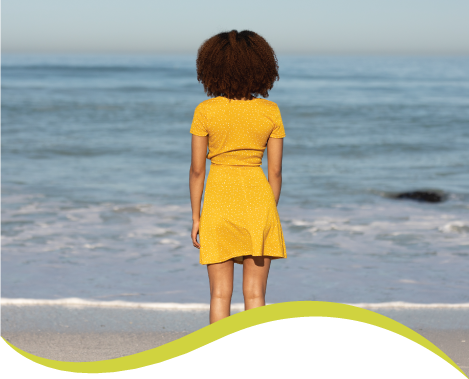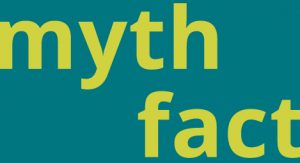
Advocating From Hour One
What does a Victim Advocate do? Advocates are professionally trained to support victims of sexual assault crimes. Offering a continuum in care, they help navigate the complex waters of the medical and judicial system.
Advocates offer:
- Emotional support
- Weekly support groups
- Individual sessions to develop coping strategies & increase stabilization
- Accompaniment during the forensic evidence examination as well as police interviews
- Information on crime prevention
- Information of a victims legal rights
- Support during the criminal justice process
- Accompaniment during court proceedings with the victim
- Safety planning
- Assistance with Victim Compensation paperwork
- Community resources and referrals
- Confidentiality
Human Trafficking
involves the use of force, fraud, or coercion in exchange for labor, services, or a commercial sex act. There are between 20-40 million people in modern day slavery. In 2019, 157 Indiana Human Trafficking cases were reported to the National Human Trafficking Hotline.
Knowing the Warning Signs
Some of the high risk indicators for being trafficked include:
- Recent relocation/migration
- Substance use
- Runaway/homeless youth
- Mental health concerns
- Involvement in the child welfare system
- Previous victimization and vulnerability
- Family history of abuse, neglect, or substance use
- Personal or family history of untreated mental health issues
- Isolated/marginalized populations
*National Human Trafficking Statistics Report

Reestablishing Survivors With Care
Our Anti-Trafficking Team assists survivors of Human Trafficking throughout the entire process of healing, with case management services including:
- Therapy services
- Educational referrals
- Job resources
- Housing referrals
- Basic needs
- Life and job skills
- Access to language assistance
- Limited financial assistance for those who qualify

Myth: Traffickers target people they do not know.
Fact: Many survivors are trafficked by romantic partners, spouses, acquaintances, and family members including parents.
Myth: All commercial sex is human trafficking.
Fact: All commercial sex involving a minor is legally considered human trafficking. Commercial sex involving an adult is human trafficking if the person providing commercial sex is doing so against his or her will as a result of force, fraud, or coercion.
Myth: Human Trafficking involves moving, traveling, or transporting a person across state or national borders.
Fact: The crime of human trafficking does not require any movement whatsoever. Survivors can be recruited and trafficked in their own hometowns, even their own homes.
